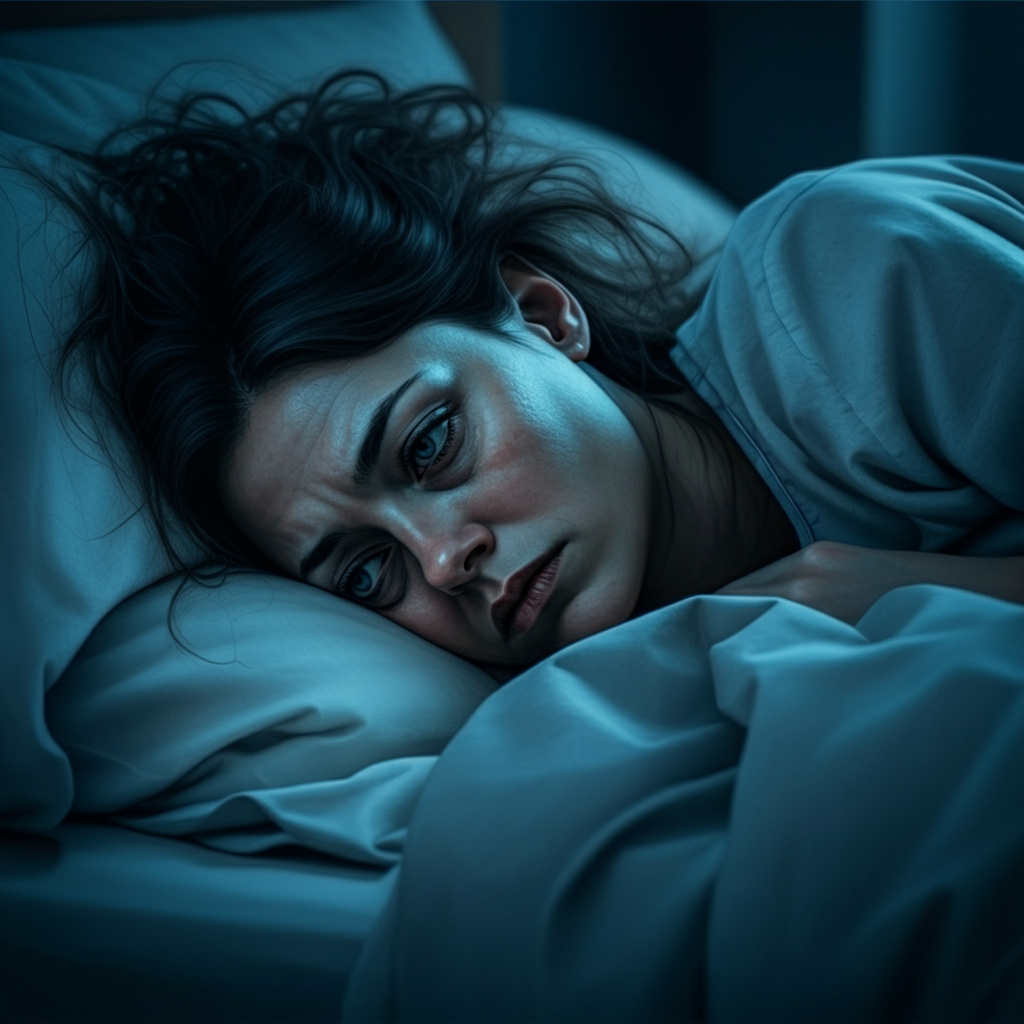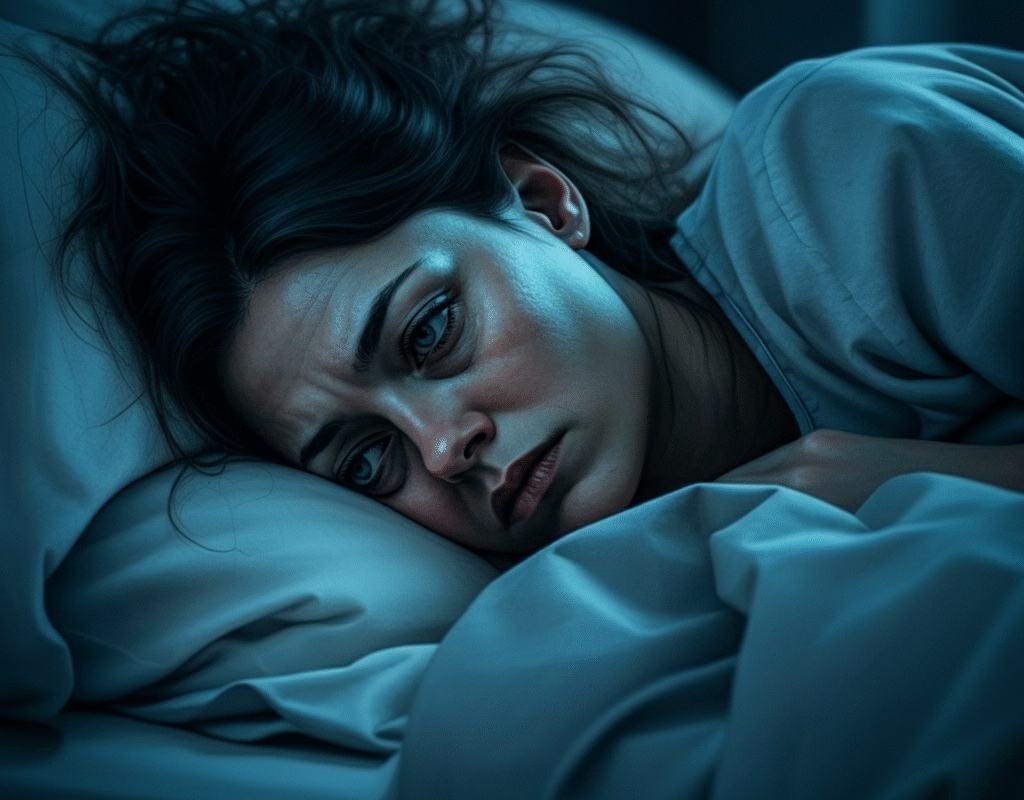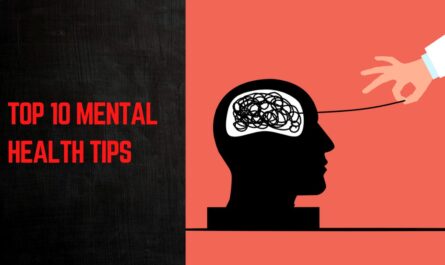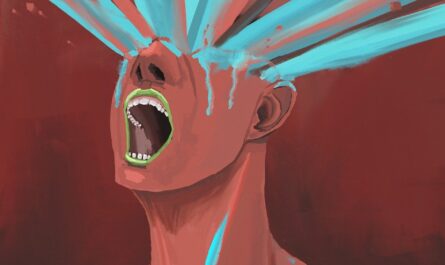Your Guide to Sleep Problems (And How to Sleep Better Tonight!)
Do you ever lie awake at 3 AM, looking at the ceiling, and think, “Why can’t I sleep like a normal person?” You’re not the only one. Sleep problems affect many people around the world. Because of them, getting a good night’s rest feels like a dream, not real life. Whether it’s a problem with your sleep schedule, strange things happening while you sleep, or just not being able to fall asleep (like insomnia), these issues can really hurt your health, your work, and how you feel.
But don’t worry! This guide will explain the most common sleep problems in easy-to-understand words (no big science words, we promise!). It will also give you helpful tips to sleep better.
What Are Sleep Problems? A sleep problem is anything that messes up your normal sleep patterns. Some people can’t fall asleep, others can’t stay asleep, and some act like they’re at a loud concert while they’re in bed (don’t worry, we’ll talk about that later). Experts usually put sleep problems into different groups, like when your body’s natural clock is off, when you move while dreaming in real life, and when you have trouble breathing while sleeping (like really bad snoring).
What Are the 5 Types of Sleep Problems?
To make it easier, here’s a quick list of some of the most common sleep problems. See if any of these sound like what you’re going through:
- Insomnia: Can’t fall asleep or stay asleep? That’s insomnia.
- Sleep-Disordered Breathing: Snoring and when you stop breathing for short times during sleep are in this group.
- Hypersomnolence Disorders: This includes feeling very sleepy during the day, like with narcolepsy.
- Circadian Rhythm Sleep-Wake Disorders: Your body’s natural sleep clock is not working right.
- Parasomnias: Strange movements or behaviors during sleep, like walking in your sleep or having night terrors.

Common Sleep Problems & What They Mean for You
1. Delayed Sleep Phase Disorder (Also Known as Night Owl Syndrome) If you feel most awake late at night but hate waking up in the morning for work, you might have Delayed Sleep Phase Disorder (DSPD). Your body’s internal clock is running a bit late. This might seem like just a weird habit, but it can make you not get enough sleep and feel tired in the morning.
Quick Fix:
- Getting bright light in the morning can help reset your internal clock.
- Try to go to bed at the same time every night to trick your brain into sleeping earlier.
2. Parasomnia Sleep Disorder (A.K.A. The Sleep Creeper) Have you ever woken up to find your roommate eating in their sleep? That’s Parasomnia, a group of strange things that happen during sleep. These include night terrors, sleepwalking, and even eating while you’re asleep. (Extra points if you eat cake while sleeping!)
Quick Fix:
- Make sure your bedroom is safe so you don’t bump into things while asleep.
- Talk to a sleep doctor about treatments like talking therapy.
3. ADHD & Sleep Disorders People with ADHD often have trouble sleeping, like insomnia or a messed-up sleep schedule. Being very active and restless can continue into the night, making it hard for people with ADHD to calm down.
Quick Fix:
- Try calm and quiet activities before bed.
- Get exercise during the day to use up some of that energy.
4. Non 24 Hour Sleep Wake Disorder This one is rare but interesting. People with Non-24-Hour Sleep Wake Disorder have body clocks that don’t match the 24-hour day. Their sleep and wake times keep getting later and later, like a clock that’s running too fast.
Quick Fix:
- Melatonin pills can help control the body clock.
- Eating meals at the same times each day and getting natural light might also help your schedule.
5. Sleep Eating Disorder Yes, this is a real thing. People with Nocturnal Sleep Related Eating Disorder (NS-RED) eat without knowing it while they are asleep. They might not even realize it until the morning… or until their snacks are all gone.
Quick Fix:
- Talk to a doctor about medicine or sleep therapy.
- Don’t drink a lot of caffeine or sugary drinks close to bedtime.
6. REM Sleep Behavior Disorder (Dream Warrior) Have you ever acted out your dreams, like punching or kicking in your sleep? That could be REM Sleep Behavior Disorder (RBD). This happens when your brain doesn’t stop your body from moving during dream sleep like it should.
Quick Fix:
- Talk to your doctor about possible treatments to protect your brain.
- Think about taking medicine to stop you from moving during dream sleep.
Sleep Problems in Kids & Teens
It’s not just adults who have sleep problems. Sleep problems in children and teenagers are also quite common. From teens who can’t sleep to young kids who walk or fight in their sleep, young people can struggle too. If your child talks, walks, or even fights sleep, you’re not alone. See a children’s sleep doctor to help figure out and treat the problem.
What Causes Sleep Problems?
Many things can cause sleep problems, like stress, worry, what you eat (like caffeine), or health issues like diabetes, ADHD, or autism. Sometimes even how your bedroom is set up (like looking at social media too much) can stop you from sleeping well.
Expert Treatments for Sleep Problems
Common Treatments:
- Medicines: Sometimes needed for problems like Sleep Anxiety Disorder or REM disorders.
- Cognitive Behavioral Therapy for Insomnia (CBT-I): Considered the best non-drug treatment for insomnia.
- Light Therapy: Great for when your body’s natural clock is messed up.
- Sleep Study: A sleep doctor might suggest this, especially for difficult cases.
DIY Sleep Hygiene Tips
- Go to bed and wake up at the same time every day (even on weekends!).
- Make your bedroom a calm place without electronics.
- Don’t eat big meals, drink alcohol, or have caffeine before bed.
Finding the Right Sleep Doctor If you’re searching online for “sleep doctors near me” or “sleep clinics,” you’re on the right path. A professional sleep doctor is the best person to get a correct diagnosis and a treatment plan that’s right for you.
The Bottom Line Sleep isn’t just a luxury, it’s important for your health. Whether you have a problem with your sleep schedule, trouble breathing while sleeping, or strange sleep behaviors, there are ways to sleep better. And remember, sleep problems are not just in your head. They are real and can be managed with the right help.
Take Action Tonight Want better sleep? Start by thinking about your sleep habits. If things still don’t feel right, talk to a doctor or go to a sleep center. Sleep well!
Note: The information provided is for general informational purposes only and does not constitute medical advice. We strongly advise against taking any medication without first consulting a qualified healthcare professional or your doctor. Self-medicating can be dangerous and may result in harmful side effects or interactions.




One thought on “Your Guide to Sleep Disorders (Symptoms & Solutions)”